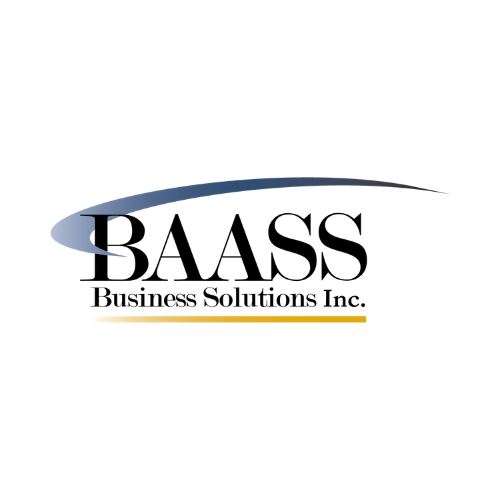
By Alan Salmon
The Bottom Line - August 2007
Networking is one of the key tools for building a consulting practice and the Sage Leadership Academy is an innovative program that brings together the owners and partners in consulting practices to share ideas and experiences.
It is modeled on the networks that result from participation in the high level executive MBA programs at Harvard, Wharton, Queens and other schools.
For this column I interviewed Ed Kless, director, partner development and strategy for Sage Software and the facilitator of the academy, at the recent Sage Software Insights Conference in Orlando, Fla. Here is an edited transcript of our conversation.
Salmon: When did the Sage Leadership Academy get started?
Kless: It was started seven years ago by Taylor MacDonald form Sage and Gary Peto, a former top MAS 90 reselling partner. They used the curriculum that was developed by Sam Alfred from Upstream Academy. Sage had been running the program now for the last five years.
Salmon: What's the Academy all about?
Kless: Every year we take between 12 and 15 partner organizations and they send two senior staff members who commit to three retreats over the course of a year. They are focused on helping partners work on their business rather than in their business.
Salmon: What's the selection process?
Kless: We have never turned anyone away. I maintain a list of interested firms and I send out an email two weeks before the Sage Insights Conference in May. I tell them we're going to announce a new class of Sage Leadership Academy at Insights and if they act now they are guaranteed a slot, because we only take 12-15 firms.
Salmon: Am I right that it doesn't matter which Sage products attendees support?
Kless: Yes, the academy is product agnostic. We have partners attend who focus on the small business market, as well as those who concentrate on the mid-market.
Salmon: What's the incentive for senior people in a consulting group to invest a week of their time over a year?
Kless: The key for them is to spend time just thinking. We always start the program on a Sunday as we don't want any distractions, such as blackberries going off. We want their attention focused on the program. The investment of six days over the course of the year pays big benefits because they start to think strategically about their organization, as opposed to just tactically.
Salmon: Is the program similar to the Harvard University executive management program?
Kless: Yes it is. The key element is the peer relationships that are formed. They come back for two follow-up retreats and they then are eligible to join an alumni association of the groups that have already been through the program. This leads to peer accountability. They know that four months after the first retreat, they're going to have to get up in front of the group of their peers and say, "You know, I spent this money on the program and I didn't do anything." That motivates them to drive process changes inside their company.
Salmon: So one of the huge paybacks is the building of a network of friends and business acquaintances.
Kless: Absolutely - and that's one of the things I say on day one - you're going to learn more from each other than you are from myself or the other facilitators. We will provide the materials to start the process but it's the relationships that will make a difference to your organizations in the future, and that's absolutely been true.
Salmon: So what is the cost to participate?
Kless: It's $4500 for the year for two people for six days of leadership training, plus the phone calls that we do in between those retreats. We have found this to be a very effective price structure.
Salmon: Have you had any Canadian partners?
Kless: Sure we have. In the last couple of years, since Sage acquired Accpac, 30 per cent of the group has been Canadian partners.
Salmon: Any difference between the U.S. partners who attend and the Canadian partners?
Kless: Interesting question. My observation is that the Canadian partners have been more open to change.
Salmon: Let's focus on the numbers. What's the return on investment for the partners who spend the money and time to attend?
Kless: We haven't done an adequate job of measuring this. But what we do know is that 60 per cent of the people who are in the Sage Software President's Circle are also members of the Sage Leadership Academy. So it's clear to me that those partners who have been through the program clearly are our more successful partners.
Salmon: And you always run it in Dallas?
Kless: The first retreat is always in Dallas. We use the Hotel Zaza, which is a five-star hotel and it sets the tone for the entire retreat. We're talking about excellence in their business and when they show up at the first retreat in Dallas, they know it's going to be a different experience.
Salmon: So what's the bottom line for Sage and the partners who participate?
Kless: From a Sage perspective we end up with partners who are successful. From the partner perspective they end up with a learning experience that enhances their ability to grow their businesses and build lifetime relationships with their peers.
Salmon: I wish I'd had that opportunity when I was running a consulting practice in the 80s.
